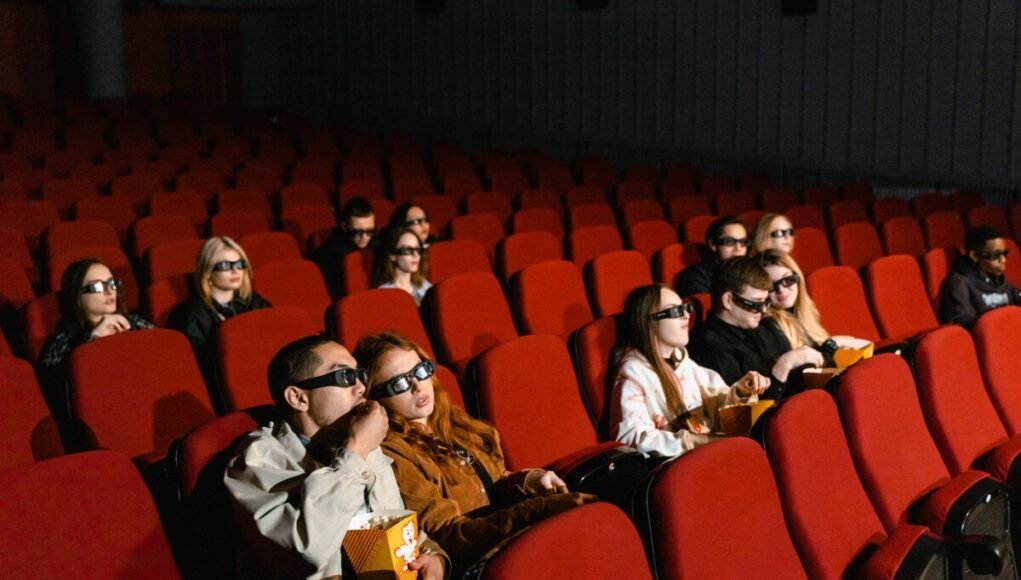The DC Extended Universe (DCEU) has captivated audiences worldwide with its epic tales of iconic superheroes. But the journey to this shared cinematic universe began decades ago, with two groundbreaking films that revolutionized the superhero genre: Superman (1978) and Christopher Nolan's Dark Knight Trilogy (2005-2012).
The Early Days: Superman and the Birth of Superhero Cinema
The 1978 Superman movie, directed by Richard Donner and starring Christopher Reeve as the Man of Steel, was a cultural phenomenon that changed the landscape of superhero cinema. It was the first superhero film to be taken seriously by critics and audiences alike, thanks to its groundbreaking special effects, compelling storytelling, and Reeve's iconic portrayal of Superman.
Technological Leap:
Superman's special effects were groundbreaking for their time. The film's team, led by visual effects supervisor John Dykstra, developed innovative techniques to bring Superman's powers to life on the big screen. These techniques, including the use of motion control photography and bluescreen compositing, set a new standard for superhero films and influenced countless future productions.
Cultural Impact:
Superman's impact on popular culture was immense. The film's success helped launch the superhero genre into the mainstream, inspiring a wave of comic book adaptations and sequels. It also cemented Christopher Reeve's status as the definitive Superman, a role he would reprise in three sequels.
The Rise of Batman: Christopher Nolan's Dark Knight Trilogy
Christopher Nolan's Batman trilogy, consisting of Batman Begins (2005), The Dark Knight (2008), and The Dark Knight Rises (2012), took the superhero genre in a new direction. Nolan's films were darker, grittier, and more realistic than previous Batman adaptations, exploring themes of justice, vengeance, and corruption.
**Christian Bale's Iconic Batman:
Christian Bale's portrayal of Batman/Bruce Wayne is widely regarded as one of the greatest superhero performances of all time. Bale brought a depth and complexity to the character, capturing both his tortured psyche and his unwavering commitment to justice.
Critical and Commercial Success:
The Dark Knight Trilogy was a critical and commercial success, grossing over $2.4 billion worldwide. The films were praised for their intricate storytelling, stunning visuals, and powerful performances. The Dark Knight, in particular, is often hailed as one of the greatest superhero films ever made.
Superman (1978) and Christopher Nolan's Dark Knight Trilogy were groundbreaking films that revolutionized the superhero genre. They set new standards for storytelling, visual effects, and character development, inspiring a new generation of superhero films and captivating audiences worldwide. These films laid the foundation for the DC Extended Universe, which continues to expand and entertain audiences to this day.
The Dawn of the DCEU: A Shared Universe of Superheroes
The DCEU was launched in 2013 with Zack Snyder's Man of Steel, a gritty and action-packed take on Superman's origin story. The film was followed by Batman v Superman: Dawn of Justice (2016) and Justice League (2017), which attempted to unite DC's Trinity (Superman, Batman, and Wonder Woman) on the big screen.
Mixed Reception and Challenges:
While the DCEU's early films were commercially successful, they received mixed reviews from critics and audiences. Some praised the films' darker tone and action sequences, while others criticized their convoluted plots and lack of cohesive storytelling. The DCEU also faced challenges in balancing the individual stories of its iconic characters with the overarching narrative of the shared universe.
New Era of DC Movies: Diversifying Characters and Storytelling
In recent years, DC Films has shifted its focus to developing more diverse and standalone stories, featuring a wider range of characters and genres. This new approach has resulted in a string of critical and commercial successes, including:
-
Aquaman (2018): A visually stunning underwater adventure that introduced audiences to the world of Atlantis and its charismatic king, Arthur Curry (Jason Momoa).
-
Wonder Woman (2017): A groundbreaking film that shattered box office records and earned critical acclaim for its portrayal of Diana Prince (Gal Gadot) as a powerful and inspiring superhero.
-
Joker (2019): A dark and psychological exploration of the origins of Batman's arch-nemesis, the Joker (Joaquin Phoenix), which won numerous awards and became the highest-grossing R-rated film of all time.
Standalone Success:
The success of these standalone films demonstrates DC's commitment to telling diverse and compelling stories that appeal to a wide range of audiences. These films have also allowed DC to explore different genres, from action and adventure to comedy and drama, showcasing the versatility of its characters and stories.
The DC Extended Universe has undergone a significant evolution, moving from a shared universe approach to a more diverse slate of standalone films. This strategic shift has resulted in critical and commercial success, expanding the appeal of DC's iconic characters and attracting new audiences. With a focus on diverse storytelling and standalone narratives, DC Films is poised to continue entertaining and captivating audiences for years to come.




























